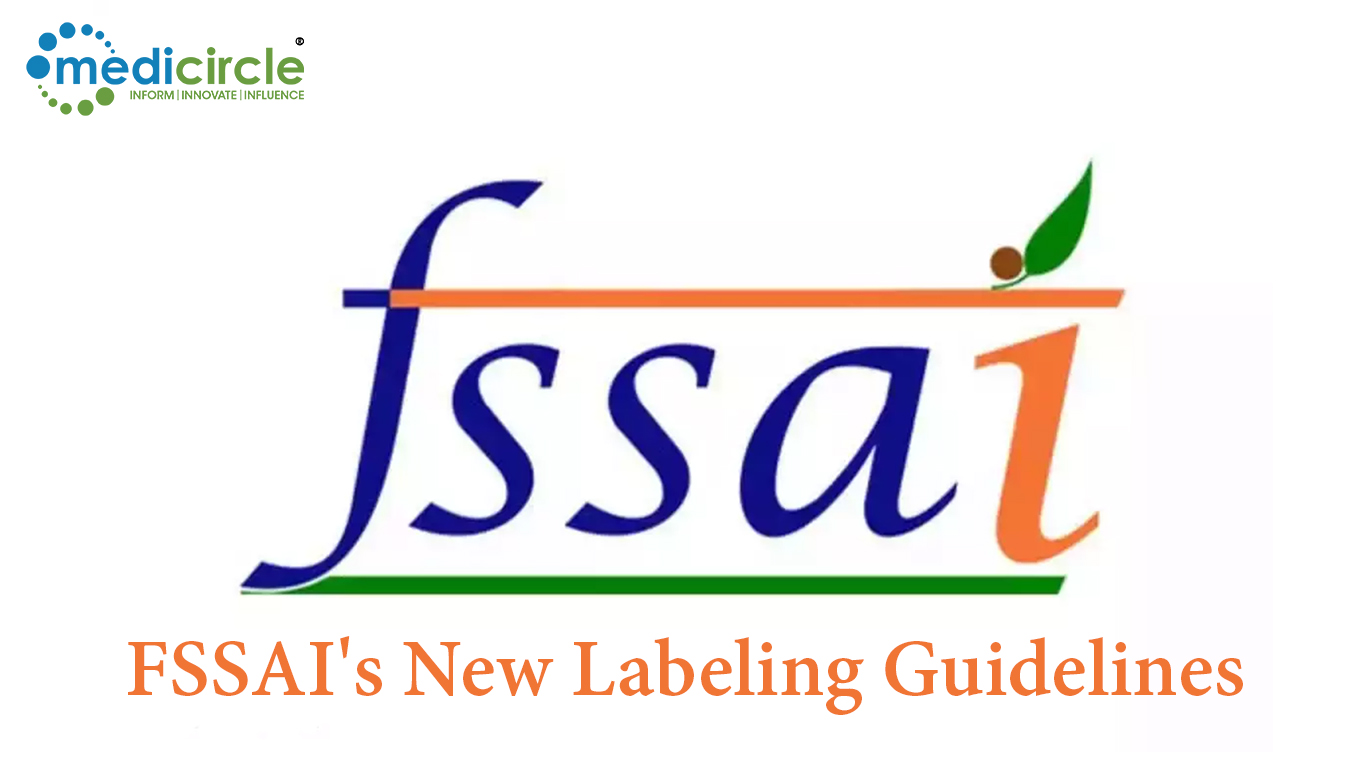In recent years, the quest for innovative approaches to cancer treatment has led researchers to explore the therapeutic potential of various compounds. Among them, a recent study by the Tata Memorial Centre (TMC) has shed light on the promising combination of copper and resveratrol in mitigating the toxicity associated with conventional cancer treatments like chemotherapy. While offering hope for future advancements, it's crucial to understand that this approach is not a substitute for established cancer therapies but rather a complementary strategy in the fight against cancer.
Exploring Novel Avenues: The study, spearheaded by Pankaj Chaturvedi, Deputy Director of the Centre for Cancer Epidemiology at TMC, dived into the synergistic effects of copper and resveratrol in reducing treatment-related toxicity. Although the findings are promising, it's essential to emphasize that this combination therapy is still in the investigational stage and requires further validation through human studies with larger sample sizes.
Understanding the Context: It's important to note that while copper plus resveratrol shows potential in alleviating chemotherapy-induced toxicity, it does not replace established cancer treatments such as surgery, radiotherapy, chemotherapy, hormone therapy, and targeted therapy. These conventional modalities have been proven to offer significant benefits and contribute to cures in a substantial number of cancer patients.
Insights from Recent Studies: Recent research conducted by the TMC has uncovered fascinating insights into the mechanisms underlying cancer progression and treatment response. One notable discovery pertains to the role of cell-free chromatin particles (cfChPs) released by dying cancer cells in promoting metastatic spread. These findings underlines the complex interplay between tumor biology and therapeutic interventions.
The Promise of Combination Therapy: In pre-clinical, in vitro, and experimental animal studies, the combination of copper and resveratrol has demonstrated the ability to degrade cfChPs, potentially inhibiting their pro-metastatic effects. Moreover, preliminary and Phase II human clinical studies have hinted at the therapeutic benefits of this combination in reducing chemotherapy-induced toxicity. However, further research with larger cohorts is necessary to validate these findings and ascertain their applicability in clinical settings.
Navigating the Future: As researchers continue to unravel the intricacies of cancer biology and treatment response, it's evident that a multi-faceted approach is essential. While conventional therapies remain the cornerstone of cancer treatment, complementary strategies such as the use of nutraceuticals like resveratrol alongside conventional treatments offer a promising avenue for enhancing patient outcomes and quality of life.
Embracing Innovation in Cancer Care: The journey towards conquering cancer is marked by relentless innovation and discovery. The exploration of novel therapeutic modalities, such as the combination of copper and resveratrol, highlights the collective efforts of the scientific community in the fight against this formidable disease. While challenges remain, the pursuit of knowledge and the quest for better treatments drive us forward on the path to victory over cancer.

 The journey towards conquering cancer is marked by relentless innovation and discovery. The exploration of novel therapeutic modalities, such as the combination of copper and resveratrol, highlights the collective efforts of the scientific community in the fight against this formidable disease.
The journey towards conquering cancer is marked by relentless innovation and discovery. The exploration of novel therapeutic modalities, such as the combination of copper and resveratrol, highlights the collective efforts of the scientific community in the fight against this formidable disease.






.png)
.png)
.png)
.png)










.jpeg)

.jpeg)










.jpg)




.jpg)

